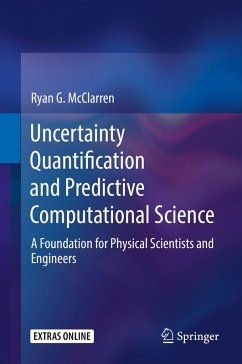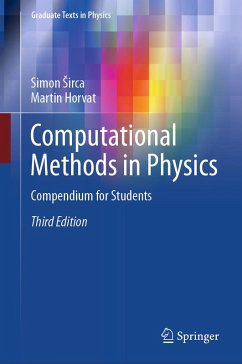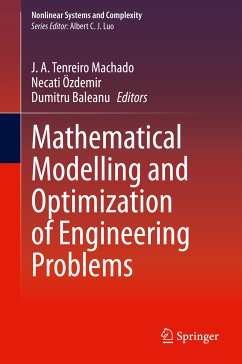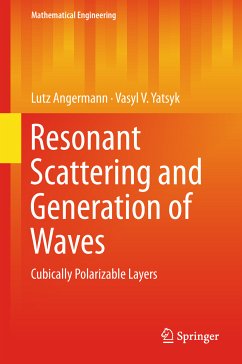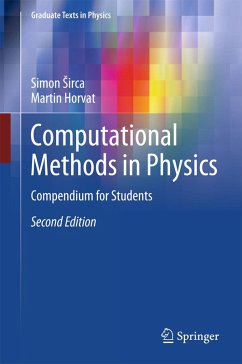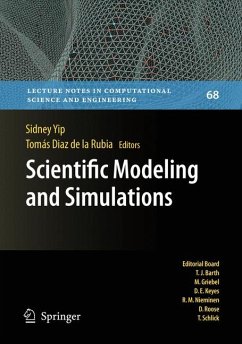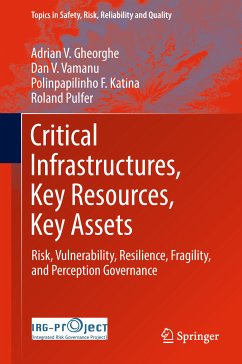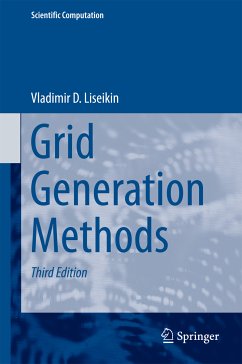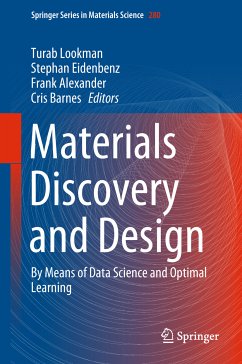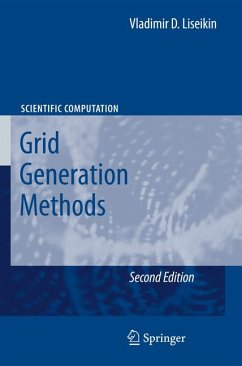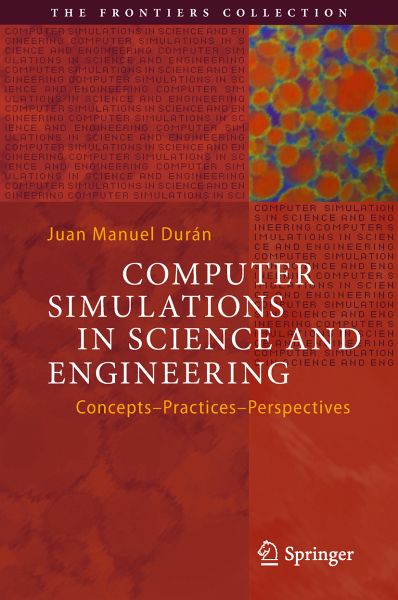
Computer Simulations in Science and Engineering (eBook, PDF)
Concepts - Practices - Perspectives

PAYBACK Punkte
13 °P sammeln!
This book addresses key conceptual issues relating to the modern scientific and engineering use of computer simulations. It analyses a broad set of questions, from the nature of computer simulations to their epistemological power, including the many scientific, social and ethics implications of using computer simulations. The book is written in an easily accessible narrative, one that weaves together philosophical questions and scientific technicalities. It will thus appeal equally to all academic scientists, engineers, and researchers in industry interested in questions (and conceivable answe...
This book addresses key conceptual issues relating to the modern scientific and engineering use of computer simulations. It analyses a broad set of questions, from the nature of computer simulations to their epistemological power, including the many scientific, social and ethics implications of using computer simulations. The book is written in an easily accessible narrative, one that weaves together philosophical questions and scientific technicalities. It will thus appeal equally to all academic scientists, engineers, and researchers in industry interested in questions (and conceivable answers) related to the general practice of computer simulations.
Dieser Download kann aus rechtlichen Gründen nur mit Rechnungsadresse in A, B, BG, CY, CZ, D, DK, EW, E, FIN, F, GR, HR, H, IRL, I, LT, L, LR, M, NL, PL, P, R, S, SLO, SK ausgeliefert werden.



